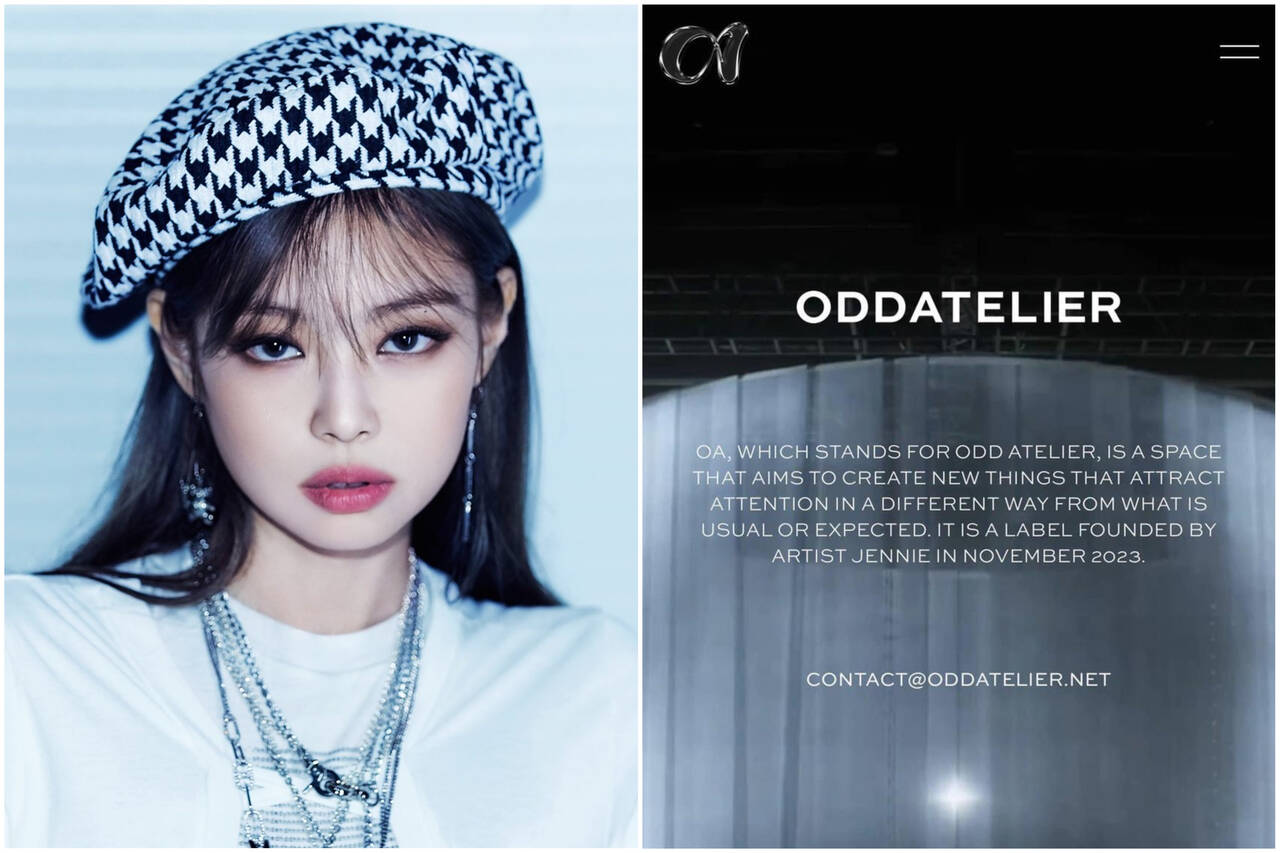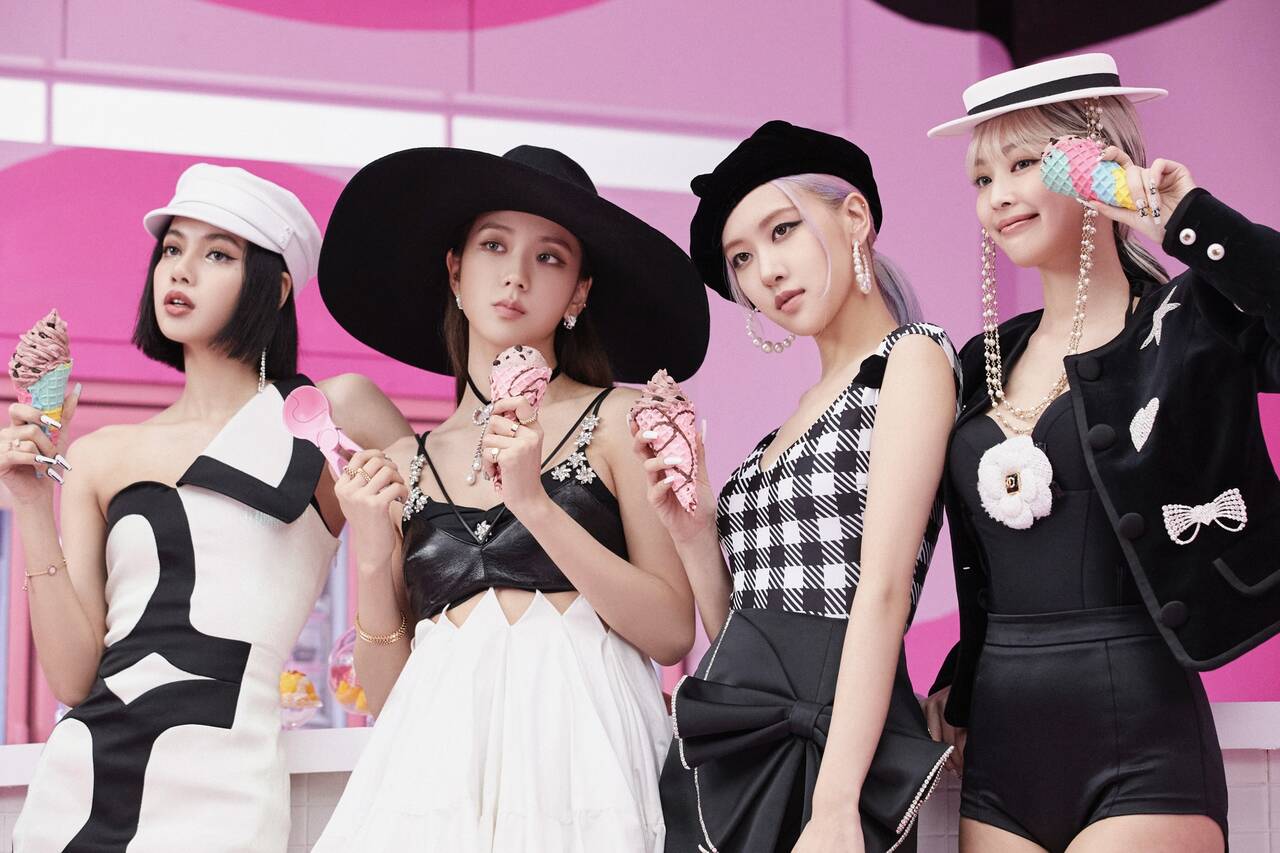More and more Kpop idols are choosing to establish their own companies instead of renewing their contracts with their old companies, such as Jennie (Blackpink), DO and Baekhyun (EXO)… This decision has both advantages and disadvantages. .

DO, Jennie and Baekhyun established their own management company. Photo: Naver
Trend of establishing own company
Normally, contracts between idol groups and management companies last 7 years. In groups that operate stably, most members agree to extend their contracts to stay with the company.
But there are also artists who do not re-sign and decide to join another company, or choose the bold path of establishing their own management company. This case appeared in 2nd and 3rd generation Kpop groups many years ago.
Recently, the trend of establishing one’s own company has become a hot topic with many famous artists doing it.
 Jennie (Blackpink) founded OA company. Photo: Instagram
Jennie (Blackpink) founded OA company. Photo: Instagram
Typically, Jennie, the first member of the Blackpink group, announced the establishment of the independent company ODD ATELIER (OA), after all four girls did not renew their individual contracts with YG.
Jennie said that she continued to work as a group with Blackpink under YG’s management, but wanted to be more free and comfortable in her solo activities, so she created OA.
In addition, there is information that Jisoo joined the company specializing in nutritional food for children, Biomom, of which her brother is the CEO.
But according to Korean media, Jisoo’s brother is planning to set up a subsidiary named Blissoo to specifically serve his sister’s artistic activities. So it’s also possible that Jisoo is the head of this company.
Boy group EXO, with DO as the first member, announced the establishment of their own company SuSu Entertainment with a longtime manager.
Recently, Baekhyun also followed this path, establishing the company I&B 100, and recruiting two other members of the EXO group, Chen and Xiumin.
 DO and Baekhyun established their own company to develop their solo careers, while group EXO still operates under SM’s management. Photo: Naver
DO and Baekhyun established their own company to develop their solo careers, while group EXO still operates under SM’s management. Photo: Naver
Advantages and difficulties
Many artists are confident in establishing their own companies, because after many years of operation, they have accumulated considerable economic potential. As well as learning experience in management, operation and development orientation from the former host company.
Even many longtime managers decided to follow artists to new companies, which is a personnel advantage.
On the other hand, audiences also expect their idols to have a breakthrough in image, music or other personal activities. Therefore, establishing their own company creates conditions for artists to be creative and not afraid to try new things, instead of just following what the old company prescribes.
As Jennie’s OA company introduces itself, it is “a space aimed at creating new things, attracting attention in a different or unexpected way”.
Large companies have advantages in terms of human resources and offer comprehensive development strategies for artists, including personal life, helping to minimize risks.
But an artist’s own company will be a place that allows them to prioritize their own interests and creative vision, something they cannot do when they are in a large company with a dedicated production team. Industry and artists just passively follow.
In addition, artists have more benefits in terms of profit sharing when working in a company they own.
 Korean media predicts that all 4 Blackpink members will establish their own company. Photo: Naver
Korean media predicts that all 4 Blackpink members will establish their own company. Photo: Naver
However, starting your own company also faces challenges. The most obvious ones are economic resources, human resources and operating scale. Selecting a team of experienced staff is not easy.
Large companies all have influence and relationships in the industry, which helps them handle crises more quickly and professionally when any problem occurs. While artists are minimized pressure and risks to focus on doing their role well.
But for a company directly run by an artist, dealing with the wave of public opinion will be more difficult. From there, it indirectly affects the spirit and quality of artistic activities.
Without a management company, artists seem to have lost their shield to block bullets. Meanwhile, fans have the mentality of not harshly criticizing the company headed by the artist they admire. And when problems arise, fans do not dare to criticize the idol’s private company. This accumulation over time will lead to increased dissatisfaction, and eventually they may leave the fandom.





